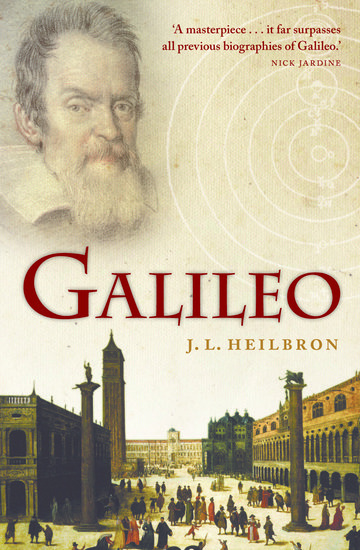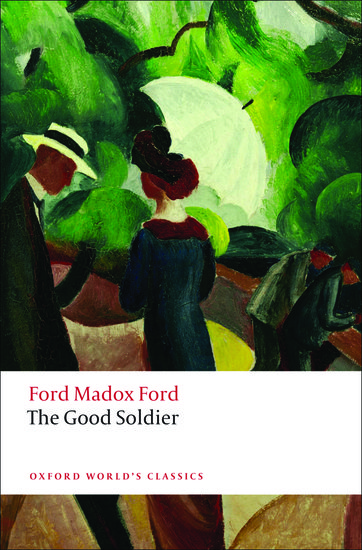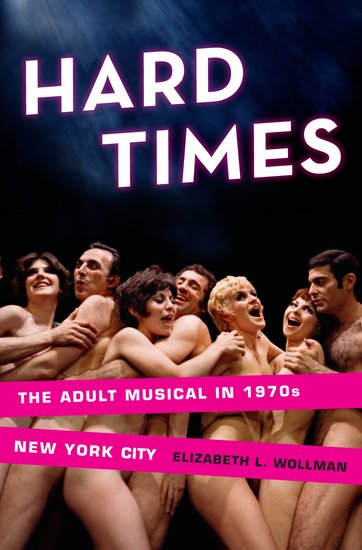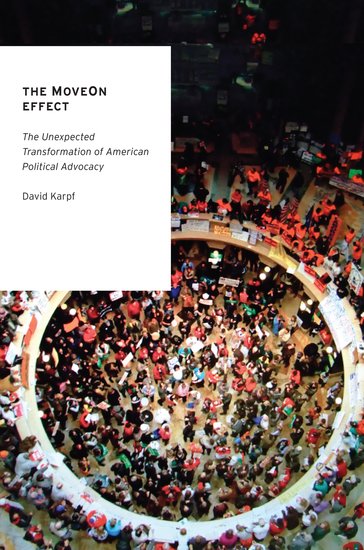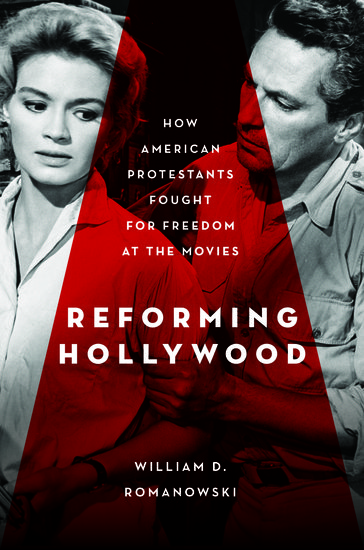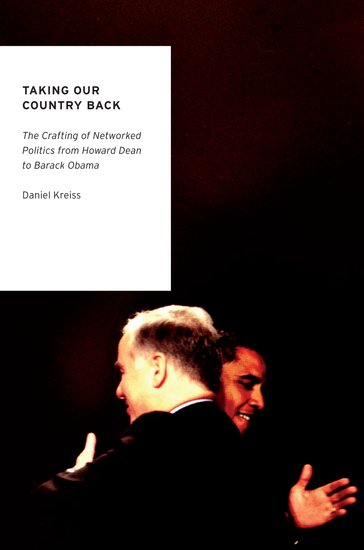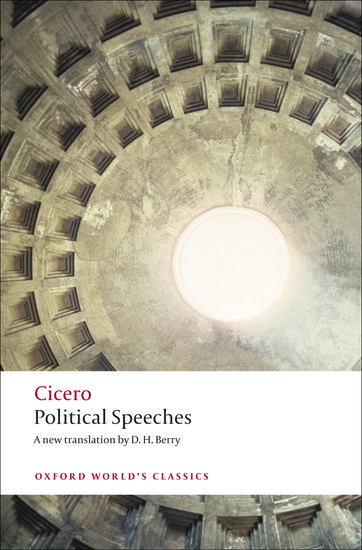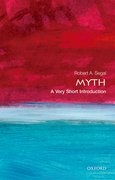The literary and scientific Galileo
By John L. Heilbron
Galileo is not a fresh subject for a biography. Why then another? The character of the man, his discovery of new worlds, his fight with the Roman Catholic Church, and his scientific legacy have inspired many good books, thousands of articles, plays, pictures, exhibits, statues, a colossal tomb, and an entire museum. In all this, however, there was a chink.

